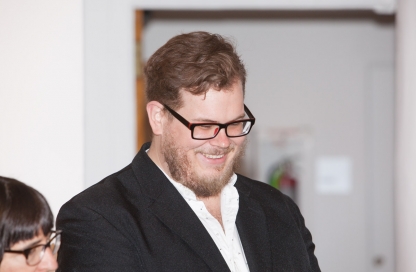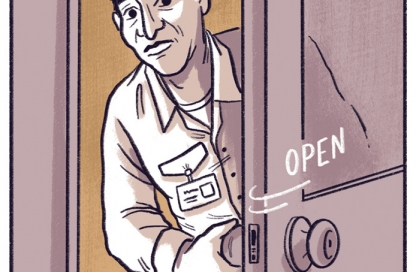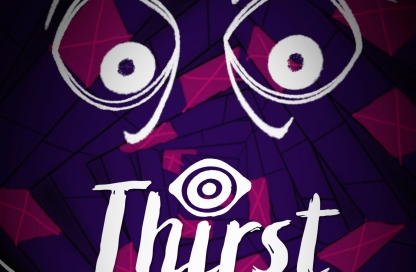The death of posterity
Will someone read your book in 218 years? Will an historian stumble on your illustration in 2156?
Now, more than ever, we have the tools we need to preserve the work we do “forever”. Not that all of our work should survive the ages, but shouldn’t some of it?
The fact that most of us do most of our work in the digital domain is a problem.
How do you preserve an ebook? How do you keep a portfolio stored on a hard drive safe? How do you make sure kids in 4127 enjoy your best song? Most people answer that question with, “save it to the cloud!” which is ludicrous. We can’t depend on a company’s longevity to keep our work alive.
The premise of archiving is based on having at least one point of preservation. One copy owned or managed by one entity for ever and ever. That entity may be a law firm, an estate or a dry basement. But archiving assumes there’s a hard copy. There are less and less hard copies of our works as time goes on.
This is not a new thought, but it is an ignored one. People don’t like to think about it. First, it requires us to think about that eternal state of not enjoying chocolate that we call death. Second, it tends to trigger the voice in our head that wants to leave it to the fates to make sure our genius is discovered later.
But what if we established a standard archiving process? What if the arts (and the companies who help the arts thrive) had a five-step recommendation for your work? It would help your family understand the breadth of your work. It would give you a real chance to continue to make a mark on the world after you’re gone.
Here’s my proposal for a standard. The standard assumes two possible worlds.
One world has technology continuing its aggressive advance, leaving current digital format standards in the dust (literally). In this world, as new formats take hold, the old ones are abandoned by the masses in droves, leaving a small party of preservationists scrambling to save what they can. With archiving standards we can make their jobs easier.
The second scenario assumes a world that’s suffered a major setback, making digital products completely inaccessible. In this world we’re centuries behind where are now, with a sense of what’s possible, but an inability to achieve it. This has happened before, so don’t dismiss the idea.
Here are my proposed steps to preserving your work.
1) Images and writing: PDF/A
The Family Search Blog has an informative piece about how the creators of the pdf format have always thought about obsolescence. The result is the pdf/a format. From wikipedia:
PDF/A is an ISO-standardized version of the Portable Document Format (PDF) specialized for the digital preservation of electronic documents.
PDF/A differs from PDF by omitting features ill-suited to long-term archiving, such as font linking (as opposed to font embedding). (Similarly, the PDF/X file format is specially adapted to digital printing and graphic arts.)
The ISO requirements for PDF/A file viewers include color management guidelines, support for embedded fonts, and a user interface for reading embedded annotations.
2) Video: MPEG-1
I’m no tech-guru, but using the original MPEG format seems the most appropriate to preserve things in the digital realm. If you don’t have your video on film, then go with the digital format that hit the scenes first. In theory, this allows for future generations who have suffered a setback to have a chance to decipher the format when they catch up.
This post is to start a discussion (even if it’s just in your head!), so I’m open to suggestions on all these points.
3) Audio: MP3
Again, a simple format that was developed by folks who created the digital realm. Go with what we know, not with what we think has the best compression:quality ratio. We’re looking for posterity, not a surround sound, DOLBY extravaganza.
4) Hard copy
If you can, make a hard copy of your work. Paper, film, tape. The less barriers our spawn have to climb to see our work, the better.
5) Estate planning
Arrange to own your urls forever. List out what you’ve done on a piece of paper and deliver it to your lawyer, along with all hard copies. Protect your online work with passwords, but make it easy for your family to access it by using a password service like LastPass. One password to rule them all!
The digital versions of all of the above should be preserved on a USB key, to be delivered to your estate lawyer along with hard copies. If you want to put it in the cloud, cool. Just make sure your law firm can arrange to keep payment going, and stay on top of terms that dictate the safety and ownership of your cloud account.
On that last step, it would be great to have a law firm take the lead in making up a checklist for creative people everywhere. The list would make it easy to track what you need to do to have the best chance at preserving your creations from an estate perspective.
Again, open to suggestions, arguments and bacon.
More on this subject:


